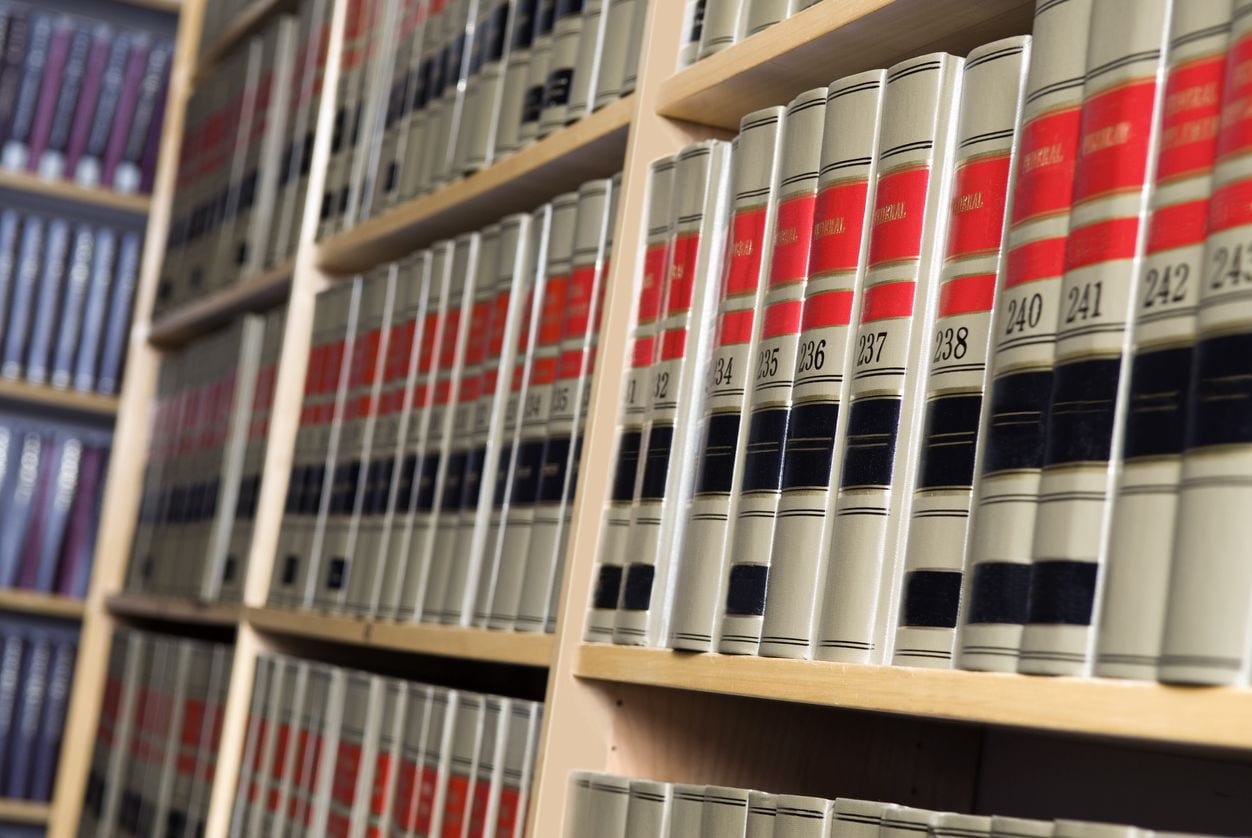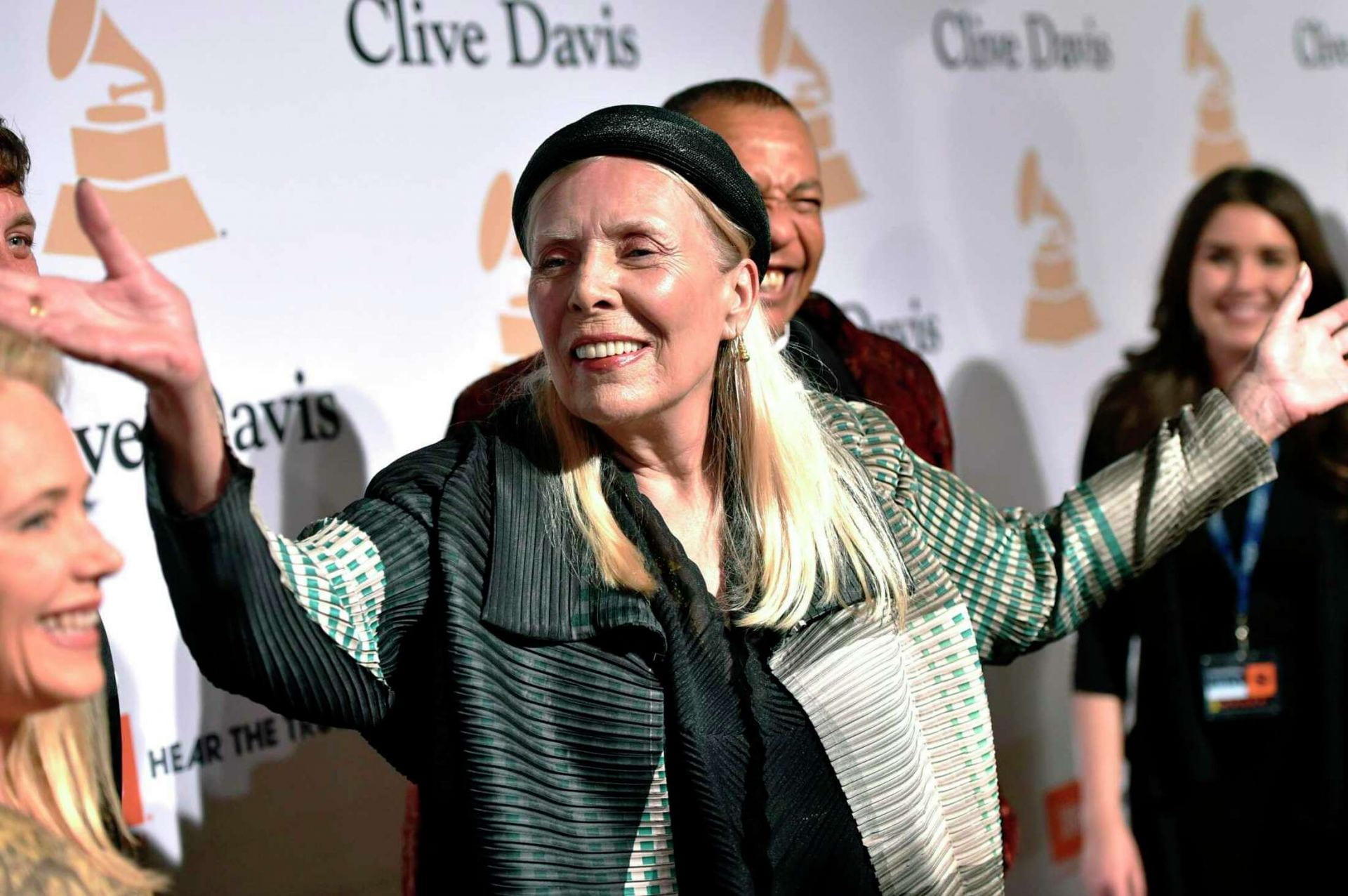March 26, Leo Yu, clinical professor of legal writing, advocacy and research at the SMU Dallas Dedman School of Law, for a piece about TikTok that explores to what extent anti-Chinese bias has contributed to the platform’s negative reputation in Congress. Published in the South China Morning Post under the heading: TikTok is targeted in the US for being Chinese, not for what it has or has not done: https://www.scmp.com/comment/opinion/article/3214395/tiktok-targeted-us-being-chinese-not-what-it-has-or-has-not-done
https://tinyurl.com/yc8k8pch
What is the problem with TikTok? The US Congress unequivocally answered this question through a five-hour grilling on Thursday: it is China.
Let’s face it, the national security concern about TikTok appears to be tenuous at best. At the hearing where TikTok CEO Chew Shou Zi was questioned by US lawmakers, the only incident raised that can remotely support this concern is one in which some employees at TikTok’s parent company, the Beijing-based ByteDance, inappropriately obtained the data of American TikTok users, including two reporters. ByteDance acknowledged the wrongdoing and swiftly fired the responsible employees.










